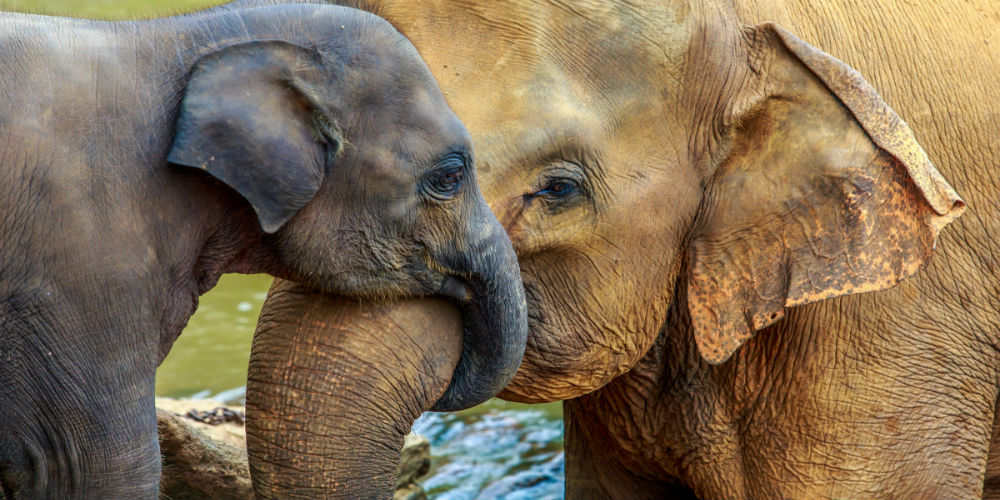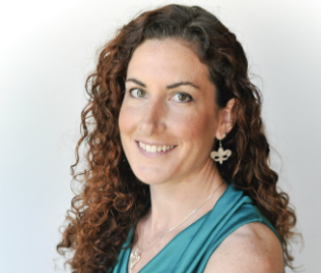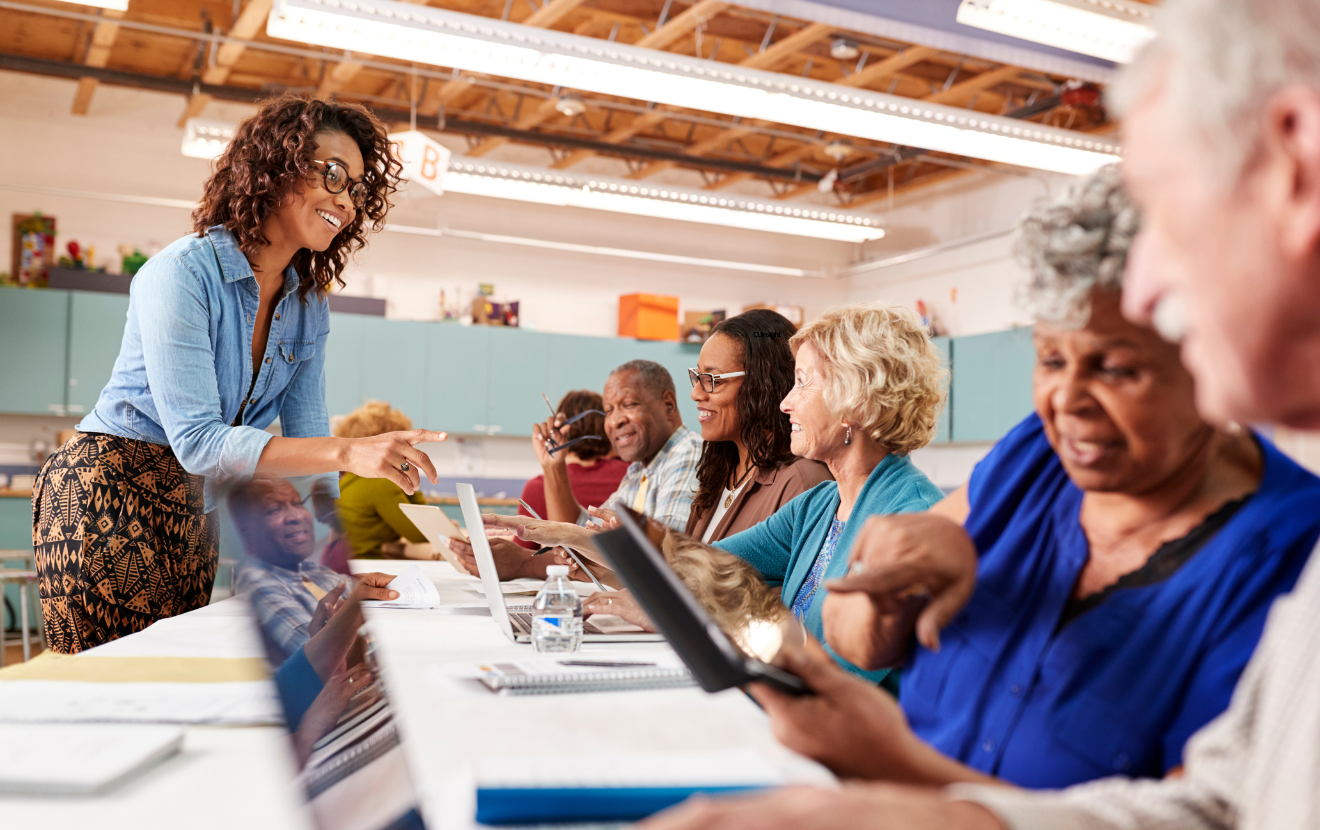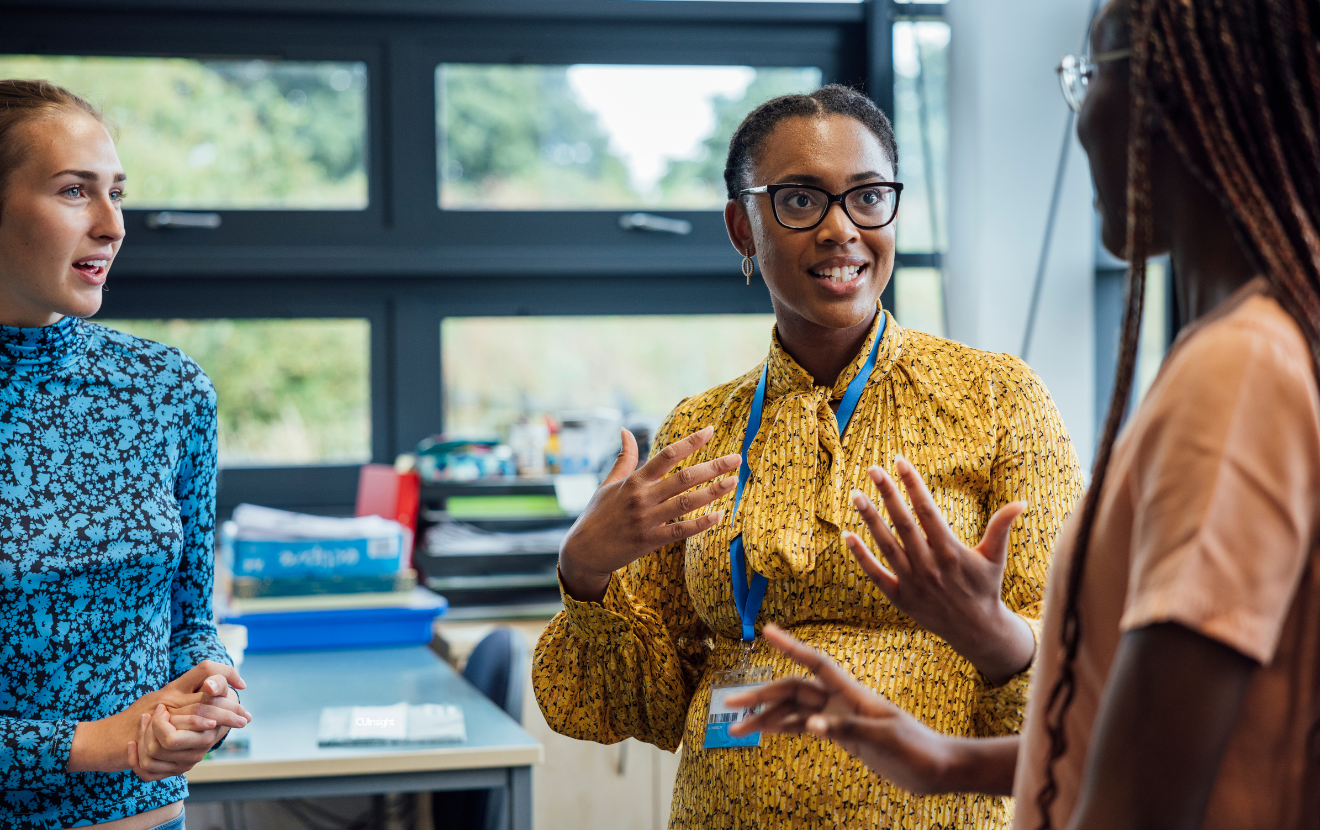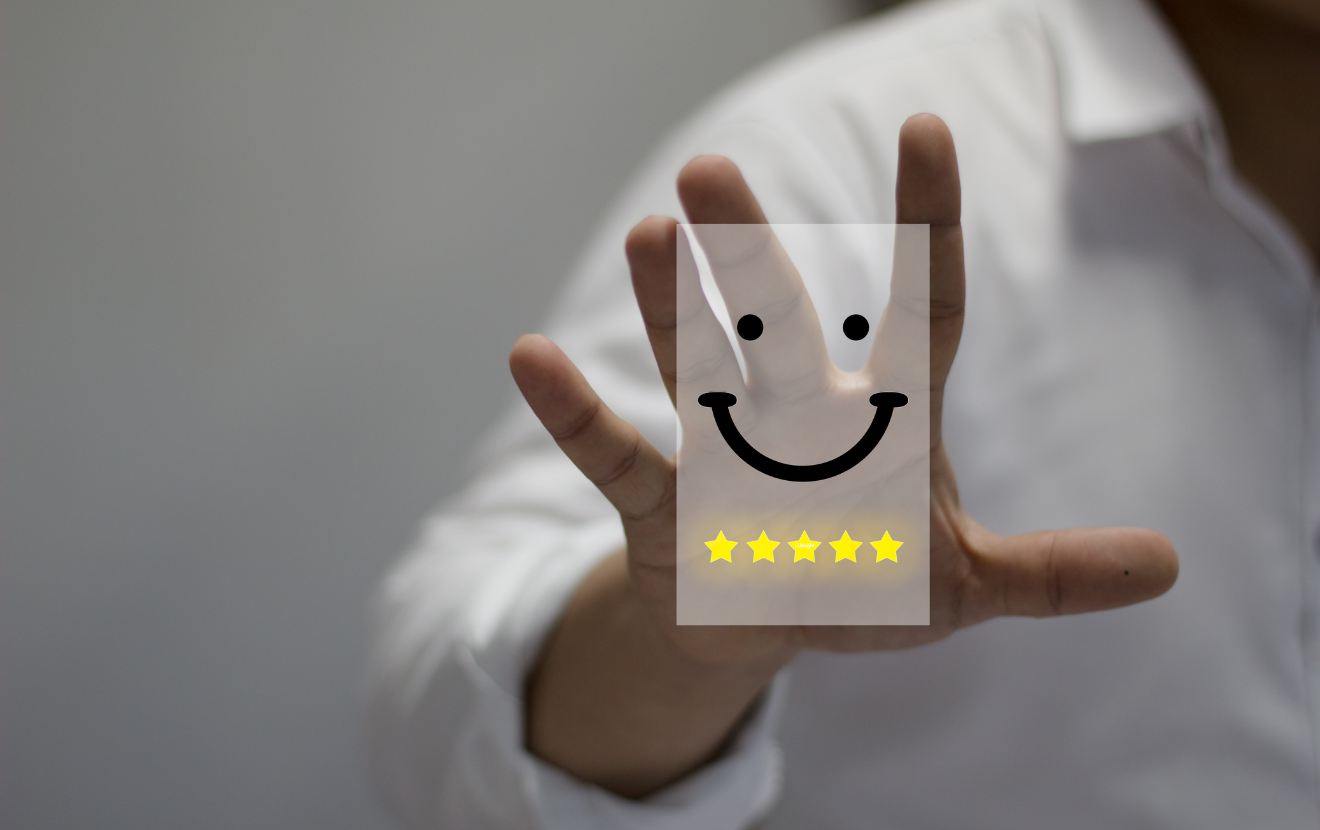I had another article written and ready to go for my latest contribution here, but in the minutes before I submitted it on the afternoon of Friday, November 13th, I saw breaking news accounts of an attack in Paris. With no other details at first, it shocked me enough to forget what I was doing and pull up several news websites, turn on TV, and continually swipe to update my twitter feed on my phone as I voraciously consumed any more information I was given regarding what was happening. My other article will have to wait; here I write about the unexpected impact of social media and how, if we approach it with sincerity, it’s making us more connected, more aware, more informed and therefore more compassionate to our fellow humankind.
I spent six months in Paris for a study abroad program in college the first half of 2001. I have friends, exchange students from high school, teachers and acquaintances who live in Paris. I recall how many tried to reach out to me in the days, weeks or months following the 9/11 attacks via email or postal mail, to make sure I was safe and to understand more about if and how my life was impacted. That was before the prevalence of social media as it exists today. It was difficult to express to those who cared what was happening with me at the time. Today how we share, learn and process information during and after such situations is much different.
A tool of mass compassion
I thought about my friends in Paris at that moment and I was flooded with emotions mixed with sadness, confusion, concern and anger. I was afraid of what I might find in my friends’ Facebook feeds…or not find. Before I could even navigate to one friend’s page, Facebook alerted me that my friend was ‘marked as safe’ using Facebook’s Safety Check. This was the first time Facebook enacted the feature for an event other than a natural disaster.
In the moment, I felt grateful to see that my friends were safe. Yes, grateful…quite a contrast to the emotions I was overwhelmed with mere seconds earlier. And all because of new information afforded to me by social media. It was certainly a complex situation unfolding, but that one detail was extremely relevant and extremely beneficial for me to know.
In a statement about the use of the new Safety Check feature, Facebook had this to say:
“We chose to activate Safety Check in Paris because we observed a lot of activity on Facebook as the events were unfolding. In the middle of a complex, uncertain situation affecting many people, Facebook became a place where people were sharing information and looking to understand the condition of their loved ones. We talked with our employees on the ground, who felt that there was still a need that we could fill. So we made the decision to try something we've never done before: activating Safety Check for something other than a natural disaster. There has to be a first time for trying something new, even in complex and sensitive times, and for us that was Paris.”
Clearly there are many other applications and uses for this feature. Flipping my perspective, I see how I would have greatly appreciated being able to check in as safe after running the 2013 Boston Marathon. This tool simplifies an awkward unwieldy conversation around a complex unclear situation:
“Hey everyone, I am safe.”
“Okay, great I’m so glad…well, not glad this happened…just glad you’re safe…what’s happening anyway…sorry, you’re probably overwhelmed…we’ll talk later…just glad you’re safe.”
“I get it. Thank you for caring.”
And today, I am grateful that Facebook has this technology available and had the capability to activate it so quickly for those in Paris. I sincerely hope this feature is used when needed for all situations in any location in the future, albeit I also hope it to be a feature that is never needed.
More than empathy-washing
Today my social media feeds are awash in the tricolor of the French flag. I have chosen not to use the French flag filter on my Facebook profile because I feel that I had enough other outlets of connection and empathy to individuals impacted by this. But I do not think negatively of anyone who does, in fact I appreciate that people chose to care when they otherwise might not. I don’t think of it as self-serving slacktivism or vicarious participation in a horribly tragic event. I see the value that others gain and share from having this opportunity of self-expression.
More access to information is better than less access to information. Social Media is a gift in that it gives us much more information than we could feasibly gather alone. With that gift comes a responsibility to discern, vet and consider the veracity and implications of the information before us. It is on us to do that work, and we can't blame the messenger when we feel duped by our own failures to appropriately use the information before us.
So what do we do with the information we find valuable? Being aware and discerning truth is a victory in itself. Sharing a moment of empathy toward other human beings through expression of our understanding of another's situation is absolutely not a useless act.
It makes me think how social media use by credit unions and cooperatives could lead and enable that essential connection to each other if we need to exchange vital safety information or we want to express our true empathy for each other instantly and in ways we otherwise could not.
This article from The Atlantic supports my notion that social media contributes to our ability to empathize, rather than empathy-washing us:
"The [profile filters] are all, in their way, an empathy button. They work to convert shock and sadness and solidarity into currency. And, in the process, into data. You can argue both for and against that state of affairs, but it is all part of the new access people have to each others’ lives via the Internet, and by extension, of The Way We Grieve Now. The expressions of empathy that come from it are sometimes awkward and sometimes self-indulgent and sometimes #toosoon and sometimes #toolate. What they ultimately acknowledge, though, is a deeply human thing, and a thing that has the potential to make its mark on politics and culture and our sense of what communities can be…”
We can always find fault in the choices that social media channels make, what actions they take and in what ways. We can always find fault in people’s reactions in public forums on social media, seeing only those who are incorrect, insensitive, self-serving and attention seeking. There is always risk of doing it wrong. But those risks are inherent not in the technologies of social media themselves but in our failures to act as good, kind and conscientious human beings to one another. And if we can get better at that, we can better use the technologies for what they are intended for—to connect us, to inform us, to let us know more about each other and to enable us to show empathy in whole new ways.
